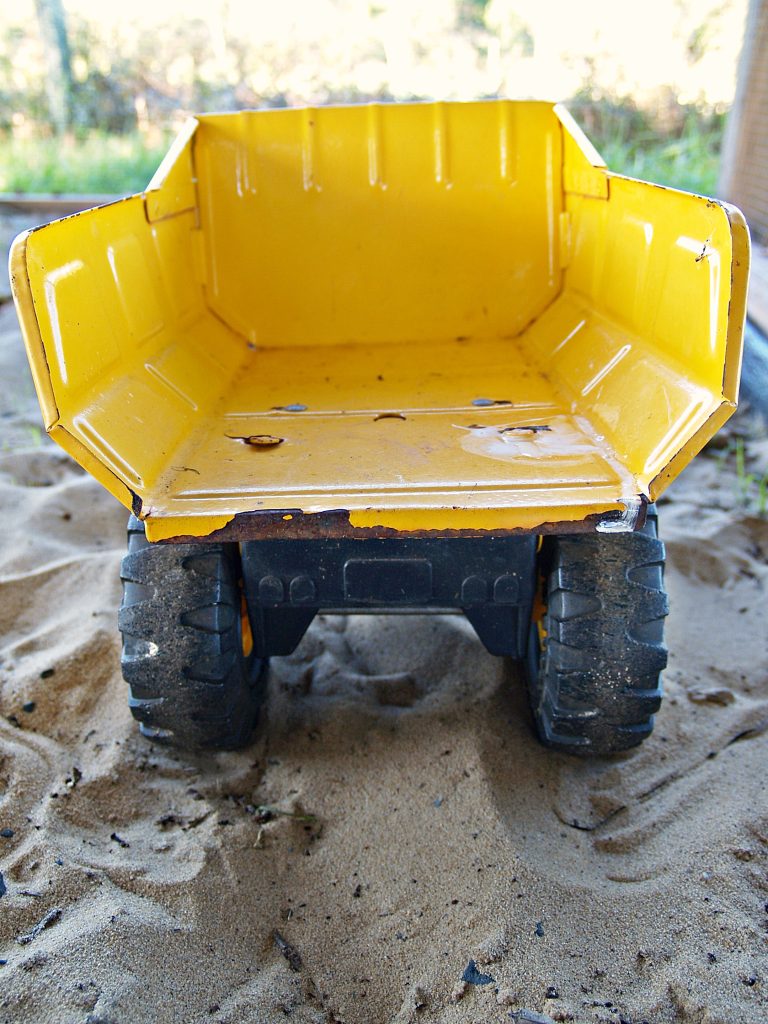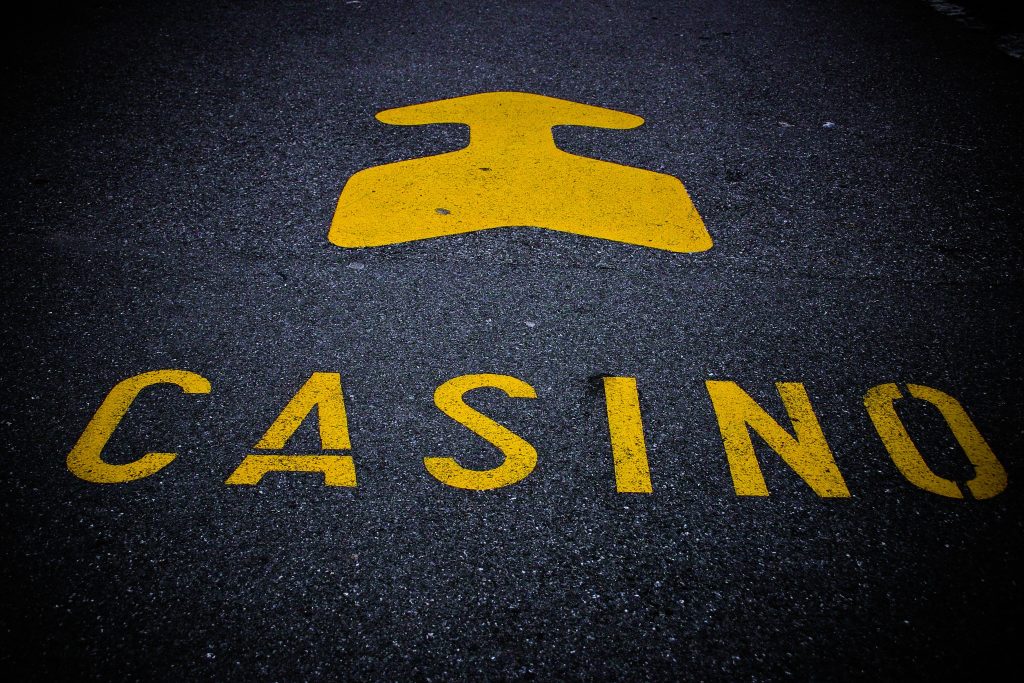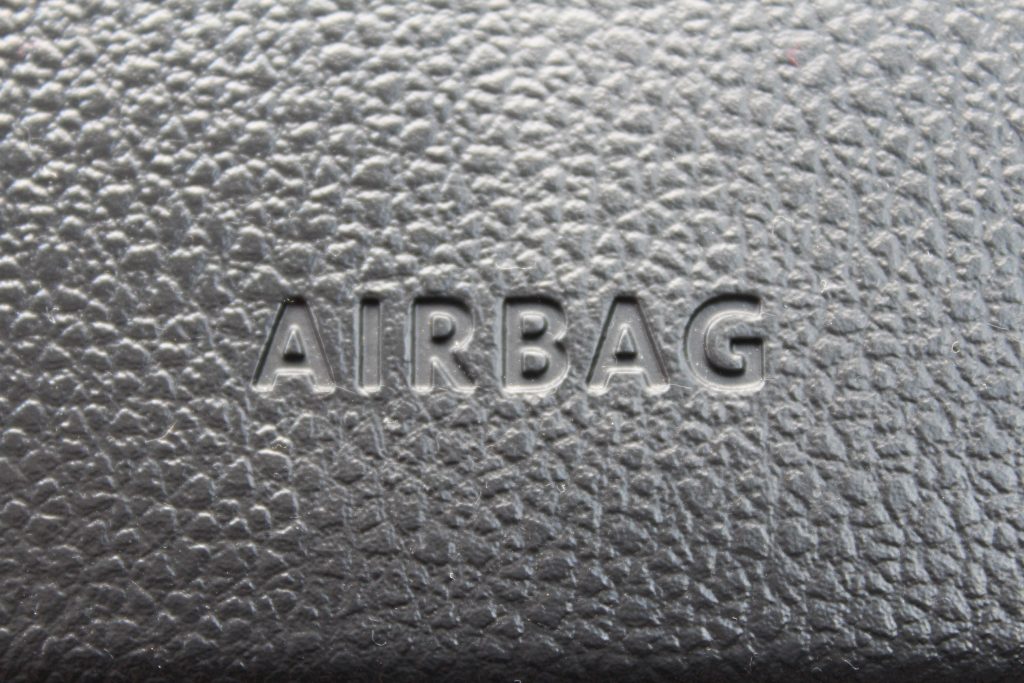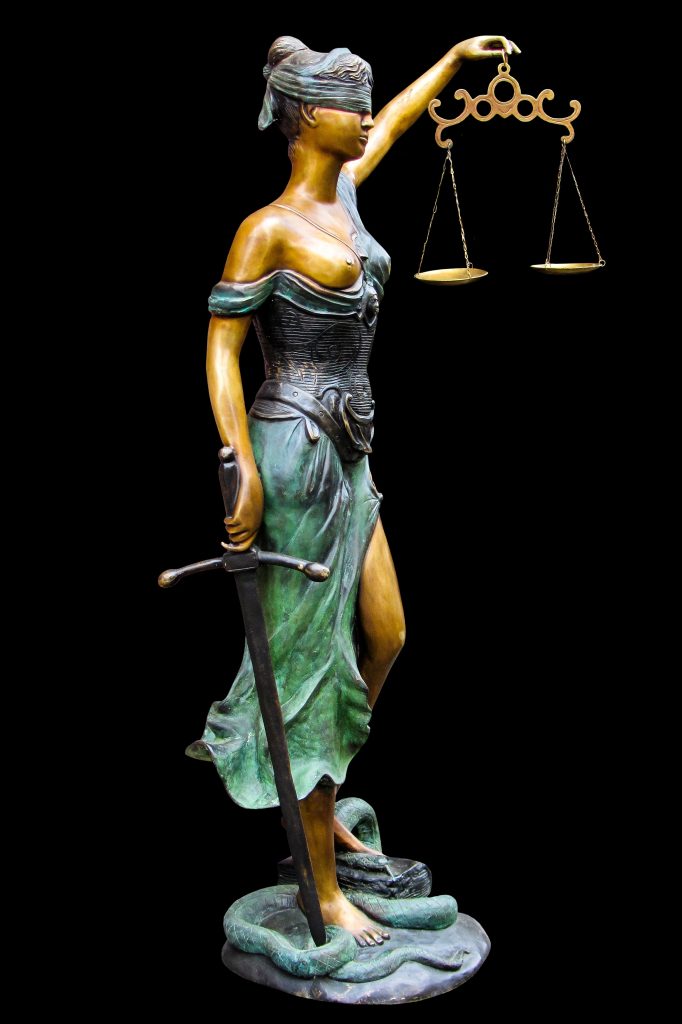 Workplace accidents can be devastating, and determining fault can be complex and challenging. Clark Nixon, a dump truck driver, recently found himself in this situation after a workplace accident left him injured. While working at a job site for the Terrebonne Levee & Conservation District (“TLCD”), Nixon was involved in an accident with David Danos, an employee of TLCD, acting within the course and scope of his employment. The Louisiana First Circuit Court of Appeal affirmed the Trial Court’s holding of both parties at fault, and the defendants filed an appeal challenging the allocation of 50% fault to Danos and TLCD.
Workplace accidents can be devastating, and determining fault can be complex and challenging. Clark Nixon, a dump truck driver, recently found himself in this situation after a workplace accident left him injured. While working at a job site for the Terrebonne Levee & Conservation District (“TLCD”), Nixon was involved in an accident with David Danos, an employee of TLCD, acting within the course and scope of his employment. The Louisiana First Circuit Court of Appeal affirmed the Trial Court’s holding of both parties at fault, and the defendants filed an appeal challenging the allocation of 50% fault to Danos and TLCD.
At the time of the accident, Nixon was hauling dirt to the job site, where dirt was being stockpiled to build a levee at a later date. The dump truck drivers backed their trucks to unload dirt, and a bulldozer operator would then push the dirt from the pile up a ramp, travel in reverse back down the ramp, and then repeat the process. TLCD also employs a spotter who verifies the dump truck’s load of dirt, documents it, and directs the dump truck drivers where to dump the load of dirt.
Under Louisiana law, courts have adopted a duty-risk analysis in determining whether to impose liability under the general negligence principles. La. C.C. art. 2315. Nixon alleged negligence on the count that he was injured because of the accident and that Danos and TLCD’s negligence was the cause of his injuries. The defendants had denied liability and claimed the accident occurred because of Nixon’s fault.
 Louisiana Personal Injury Lawyer Blog
Louisiana Personal Injury Lawyer Blog


 It may not be uncommon to recover less than you had hoped in a personal injury lawsuit. However, challenging the amount of money you are awarded to get more is a challenging feat. A recent case out of the East Baton Rouge Parish explains why courts tend to defer to the jury when awarding damages.
It may not be uncommon to recover less than you had hoped in a personal injury lawsuit. However, challenging the amount of money you are awarded to get more is a challenging feat. A recent case out of the East Baton Rouge Parish explains why courts tend to defer to the jury when awarding damages.  Casinos can be a chaotic mix of adrenaline and alcohol. While a cultural staple of sportsmanship and skill, it is unsurprising that injuries often occur at casinos. The casino may be liable in some instances, but casino guests are also responsible for acting reasonably and taking precautions to ensure their safety, such as moderating alcohol consumption. When a guest under the influence is injured while on casino property, a required showing of causation may be absent due to the contributory factor of intoxication.
Casinos can be a chaotic mix of adrenaline and alcohol. While a cultural staple of sportsmanship and skill, it is unsurprising that injuries often occur at casinos. The casino may be liable in some instances, but casino guests are also responsible for acting reasonably and taking precautions to ensure their safety, such as moderating alcohol consumption. When a guest under the influence is injured while on casino property, a required showing of causation may be absent due to the contributory factor of intoxication. Having a sick child can be a nerve-racking time. Having a sick infant is even scarier as you, as a parent, feel helpless. In these times, caregivers turn to the experts in medical centers to help. But, unfortunately, a hospital can’t always help before it is too late.
Having a sick child can be a nerve-racking time. Having a sick infant is even scarier as you, as a parent, feel helpless. In these times, caregivers turn to the experts in medical centers to help. But, unfortunately, a hospital can’t always help before it is too late.  Car manufacturers have a duty to provide safe vehicles for drivers and passengers. A safe car includes an airbag that can help lessen the effects of an auto accident. What happens when your airbag doesn’t expand during a wreck? Can you sue the manufacturer of that airbag? An Ascension Parish lawsuit shows why the absence of a car that has a defective airbag will cause major headaches for your product liability lawsuit.
Car manufacturers have a duty to provide safe vehicles for drivers and passengers. A safe car includes an airbag that can help lessen the effects of an auto accident. What happens when your airbag doesn’t expand during a wreck? Can you sue the manufacturer of that airbag? An Ascension Parish lawsuit shows why the absence of a car that has a defective airbag will cause major headaches for your product liability lawsuit.  The evolving nature of employment now means the relationship between employer and employee can be indirect and through different contracting methods. In addition, many people employed by one company are, in fact, on the job doing work for another. A recent case in Louisiana highlights these distinctions and the risks posed to workers and their families when seeking compensation.
The evolving nature of employment now means the relationship between employer and employee can be indirect and through different contracting methods. In addition, many people employed by one company are, in fact, on the job doing work for another. A recent case in Louisiana highlights these distinctions and the risks posed to workers and their families when seeking compensation. The jury process is considered the great equalizer when it comes to the everyday man fighting large corporations. Juries in Louisiana are made up of twelve people tasked with evaluating the evidence and legal arguments of the parties. While juries do, their best mistakes can be made and corrected by the Judge overseeing the case. So what happens if a jury leaves out critical items of a damage award? Can a Judge increase a jury’s award of damages? The following lawsuit out of Lake Charles helps answer this question.
The jury process is considered the great equalizer when it comes to the everyday man fighting large corporations. Juries in Louisiana are made up of twelve people tasked with evaluating the evidence and legal arguments of the parties. While juries do, their best mistakes can be made and corrected by the Judge overseeing the case. So what happens if a jury leaves out critical items of a damage award? Can a Judge increase a jury’s award of damages? The following lawsuit out of Lake Charles helps answer this question.  Courts often hear contradicting testimony and must decide who to believe or who is more credible. For example, the following
Courts often hear contradicting testimony and must decide who to believe or who is more credible. For example, the following  In automobile accident cases, determining the drivers’ liability is often the core issue in determining damages. Unfortunately, who is at fault in a car accident in a parking lot can be tricky. The following lawsuit out of Lake Charles shows how courts weigh the evidence and come to conclusions in parking lot collisions.
In automobile accident cases, determining the drivers’ liability is often the core issue in determining damages. Unfortunately, who is at fault in a car accident in a parking lot can be tricky. The following lawsuit out of Lake Charles shows how courts weigh the evidence and come to conclusions in parking lot collisions.  One’s life is forever altered after an incapacitating injury. While the situation comes with enough issues, problems are enhanced when medical providers merge and change the disability benefits you have relied upon for a year. Unfortunately, this is precisely what happened to Michael Swinea after
One’s life is forever altered after an incapacitating injury. While the situation comes with enough issues, problems are enhanced when medical providers merge and change the disability benefits you have relied upon for a year. Unfortunately, this is precisely what happened to Michael Swinea after